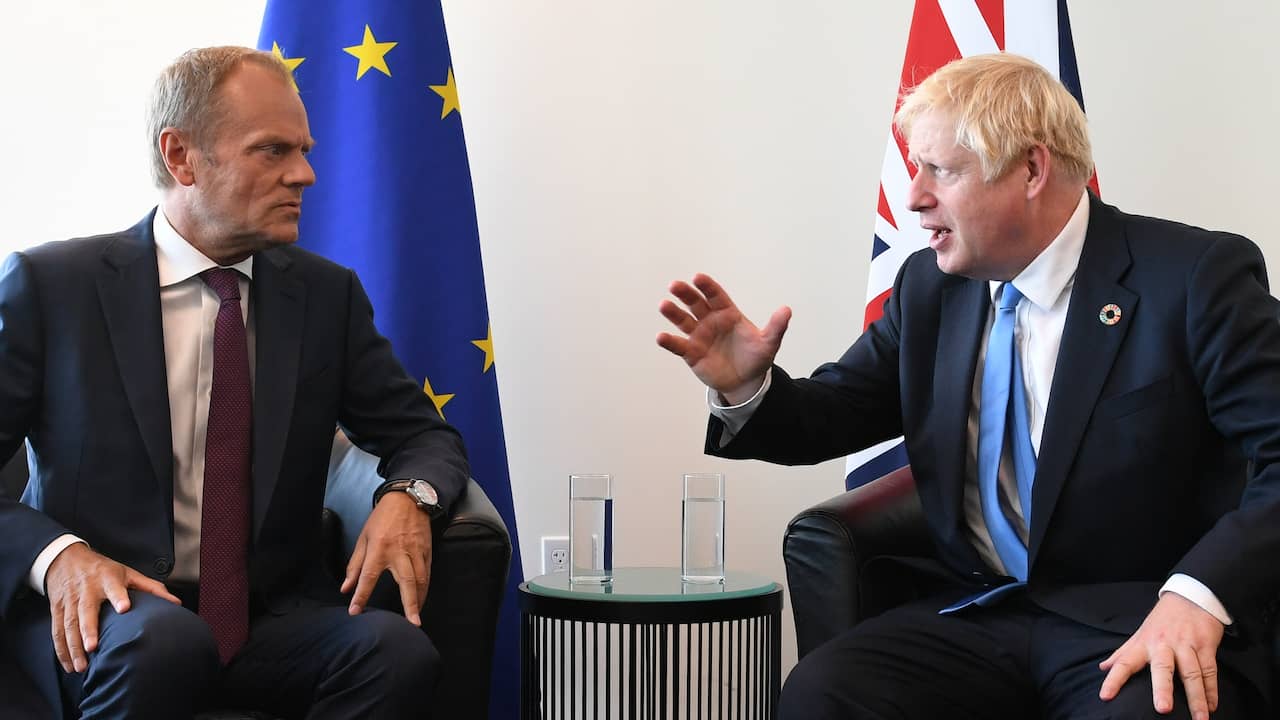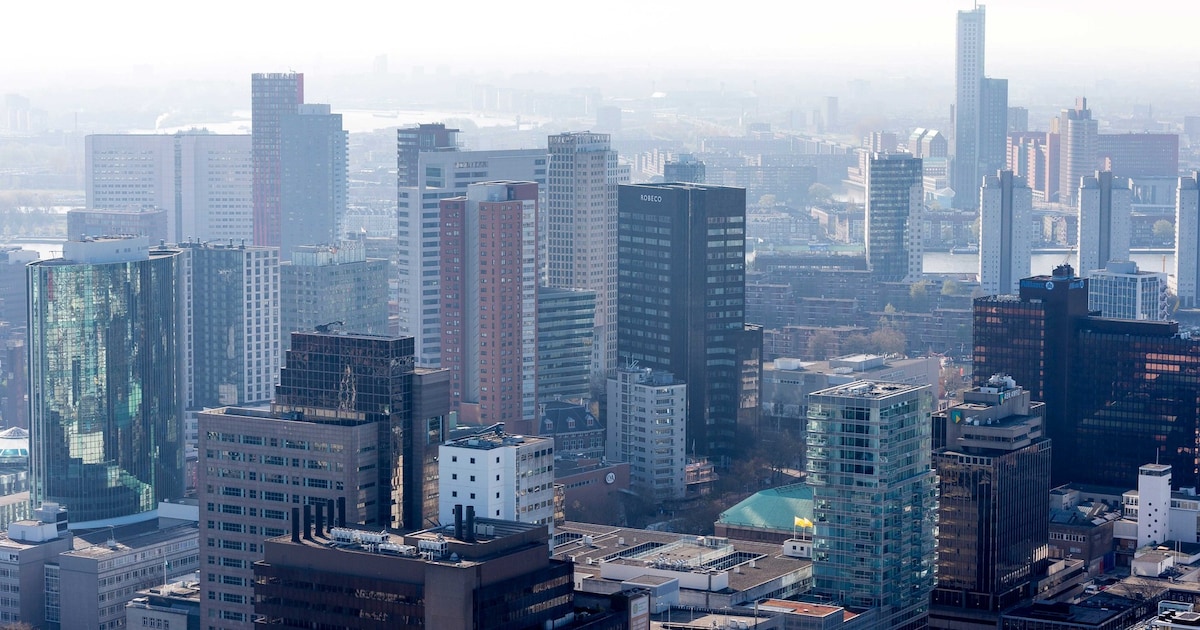1. Why does Shell do this?
The company itself cited simplification of the company structure as the reason. The most important change is that Royal Dutch Shell A shares will disappear, leaving only RDS B.
This makes things easier for investors and the company itself. Because, if Shell wants to issue additional shares to carry out a takeover, it now has to ask permission from two groups of shareholders. One company with one type of stock is much simpler.
Purchasing shares by companies to please their shareholders also becomes easier with the existence of share classes. Well, it’s complicated: when buying one share, dividend tax is payable, while the other is not. Shell has wanted to eliminate this for years.
This has now become even more important to transition towards a sustainable energy company, said Marjan van Loon, director of Shell Netherlands.
2. It sounds logical, but why choose London?
Shell leaves for England. This company has British citizenship in terms of corporate form, but its official head office is still in The Hague and Shell has a registered office in the Netherlands for tax matters.
This will change if the plan goes ahead, as Shell will be subject to the UK tax system. Jan van de Streek understands that choice. He is professor of Taxation of Concerns at the University of Amsterdam. According to him, the company has lost a number of tax benefits enjoyed in the Netherlands in recent years.
This includes, among other things, the elimination of the possibility of deducting the losses of foreign subsidiaries from profits in the Netherlands. Additionally, the abolition of dividend tax, something Shell and Unilever had been lobbying for for years, was not implemented.
Brexit also played a role, said Rem Korteweg of the Clingendael Institute. “Just like Unilever, Shell has always had one foot in the Netherlands and another in London. The divisions in the North Sea will only get bigger because of Brexit.”
Tracking the differences between regulations in the EU and the UK is costly for multinational companies, he explains. According to him, Shell chose England because the company had better access to investors through the City of London compared to Amsterdam Zuidas.
But Korteweg went too far in seeing the previous departures of Shell and Unilever as a boon for the Brexit camp. Many companies also moved their headquarters from the UK to Europe. “They are making pragmatic choices based on division.”
3. Does this impact Shell’s sustainability ambitions?
Mark van Baal is very positive about this. With Follow This, as a shareholder activist, he has been trying for years to force Shell to become more sustainable more quickly. The fact that he can now fulfill this role in UK shareholder meetings fills him with hope.
In the Anglo-Saxon business model, shareholders have more power than in our Rhineland polder model. Here, company leaders can more easily ignore the wishes of shareholders by hiding behind other stakeholders such as employees.
In the US and UK, it is unlikely that Shell will do this. And this also applies to decisions about reforestation taken at shareholder meetings, according to Van Baal.
4. What impact will this have on jobs in the Netherlands?
According to Shell, very little. Apart from CEO Ben van Beurden, financial director Jessica Uhl and several top managers, no other jobs will be lost in the Netherlands. But the cabinet was ‘very surprised’, a disappointed Minister Stef Blok said on Twitter.
The outgoing cabinet was so disappointed with the relocation plans that the Bloc and Foreign Minister Hans Vijlbrief asked the DPR whether there was support for abolishing the dividend tax.
5. What do you notice about this at the pump?
Perhaps none at all, as the company continues to operate in the Netherlands. Fuel prices are not influenced by the location of the head office.
And don’t worry: the oil the company pumps remains suitable fuel for left-hand drive cars.
6. Will the title ‘Royal’ disappear?
Yes, it will end after more than 130 years. Shell assumed that it would lose its claim to the ‘Royal’ designation and would therefore continue to be Shell plc. This is the abbreviation for public limited company and is the English version of the Dutch public limited company.
7. When will all this happen?
Shell hopes to implement the plan early next year. First, shareholders must give their blessing at the general meeting of shareholders on December 10 in Ahoy Rotterdam.

“Falls down a lot. General tv buff. Incurable zombie fan. Subtly charming problem solver. Amateur explorer.”







